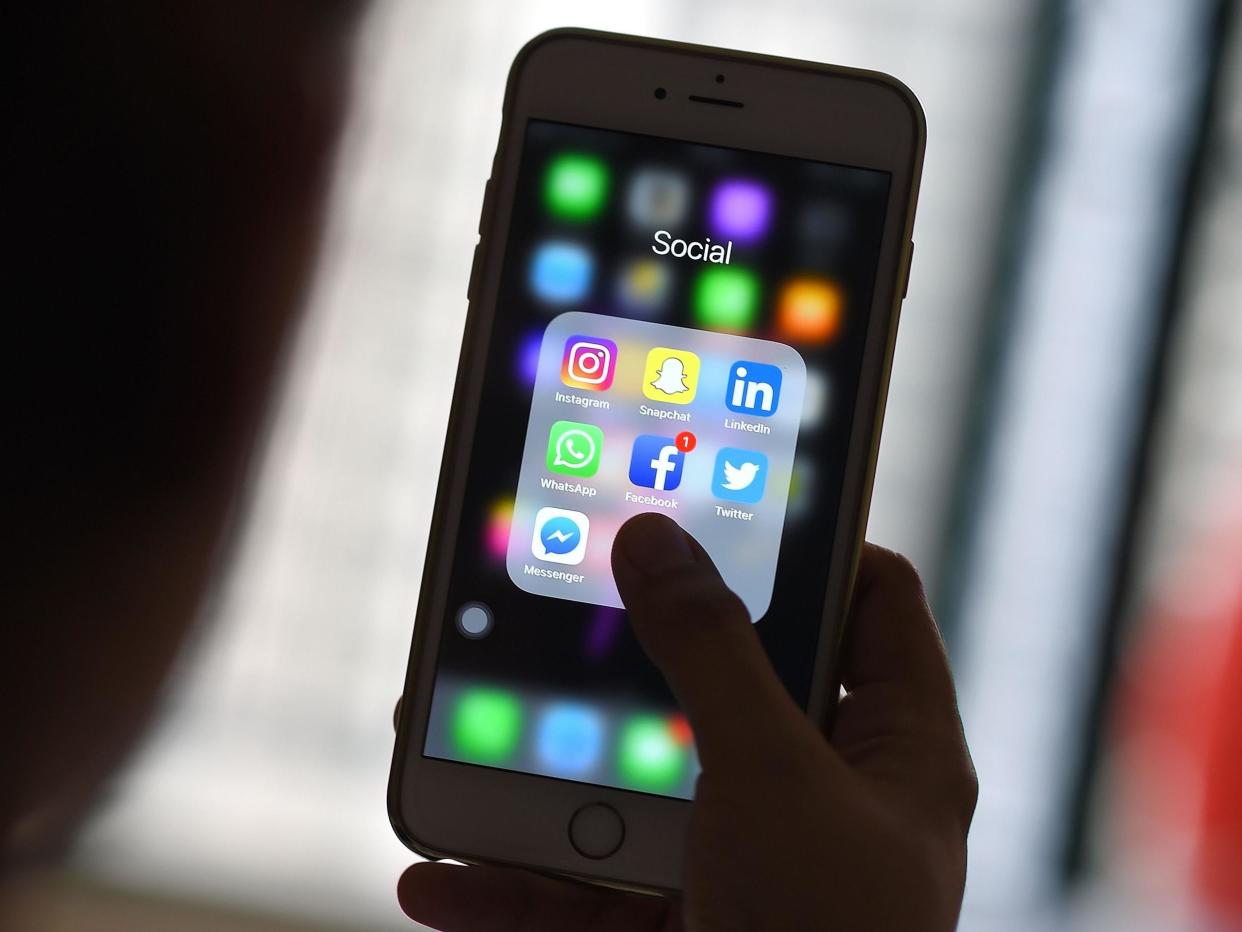‘Don’t feed the trolls’ says a group of crusading celebrities. They should try practicing what they preach

One evening in 1993, back in the Neolithic age of digital communications, a character called Mr Bungle logged on to the text-based roleplay community LambdaMOO. Over an hour or so of frenzied verbiage, he graphically described numerous acts of physical and sexual violence he was inflicting upon the other players within the virtual world. The journalist Julian Hibbert would later describe how this one-off incident profoundly affected the users of this early precursor of a social media community. The utopian idealists of a new digital frontier were deeply shaken, suddenly left feeling unsafe, vulnerable and disillusioned in what had previously been an online safe haven.
There have been trolls on the internet for as long as there has been an internet. For almost as long, the instruction “Do not feed the trolls” has furnished the code of conduct for users of forums, message boards and social media sites.
With 30 years of hindsight, this has always been imperfect advice. Victims of targeted harassment learned long ago that their abusers and harassers often react to being ignored by upping the intensity and cruelty of their abuse until it can be ignored no more. Even the progression of ignore-then-mute-then-block does little to obstruct the determined harasser who can be back with a new account within minutes.
Nonetheless, as a default suggestion for dealing with passing irritants and provocateurs, “don’t feed the troll” remains sound advice. So why am I discomfited by this week’s heavily publicised report from the Center for Countering Digital Hate (CCDH)?
There is an old internet joke that the definition of a troll is the less famous of two people in an internet argument. Like all the best jokes, it carries more than a soupçon of truth. From the first page of introduction, the CCDH report makes clear that it is a document of advice targeted at “public figures”. The famous names attached made clear that this includes not only TV personalities, but political activists and elected politicians.
There is a clear implication here that “public figures” are the victims of abuse who need protection from the massed rabble of divisive, hatemongering trolls. Where does this leave many of the internet’s most pernicious peddlers of hate, who are themselves public figures? Where does someone like Katie Hopkins or Tommy Robinson fit into this equation?
Whatever our politics, are we happy that elected politicians (whether Donald Trump or Sadiq Khan) are encouraged to shield themselves from the disagreement, argument or anger of their electorate?
Of course we can all point to clear, unequivocal examples of abuse, threats and hate speech that could never be justified or excused, but it is far from clear where the line should be drawn. One celebrity’s troll is another celebrity’s footsoldier.
If a media star chooses to use his or her Twitter to make a highly contentious point about a passionately controversial topic, whether Brexit, transgender rights or antisemitism, are they obliged to discern legitimate, passionate disagreement in response from abusive trolling, or can all detractors be blocked as trolls?
We can all be better at encouraging and exemplifying online civility. Social media remains in its infancy and so does its etiquette. We need better collective appreciation of the abject cruelty and sadism of the online dogpile. All of us, but especially blue-tick celebrities with large followings, need to learn that quote-tweeting a random detractor – however stupid or offensive – is invariably an incitement to their followers to pile on and is itself a form of bullying. The urge to “ratio” – a person receiving a higher proportion of (mostly disparaging) comments to likes and retweets – a horrendous post is often little more than the seductive pull of vigilante mob justice.
So yes, we can all heed the advice of the CCDH report; block your trolls, move on. But perhaps we could go a little further. Before we worry about not feeding the trolls, let’s try not to poking them with sticks until they squeal, or unleashing them as our private army in our squabbles.
Whether we count our followers in the tens or the tens of millions, the first step might be to understand that, as in all the best monster stories, perhaps we were the trolls all along.
Read more
Cameron sounds like Blair. Brexit is his Iraq
Israel-Saudi connivance is the real Middle East game-changer
Swinson was once ‘too timid’. Her Brexit pledge puts that to bed

 Yahoo News
Yahoo News 
